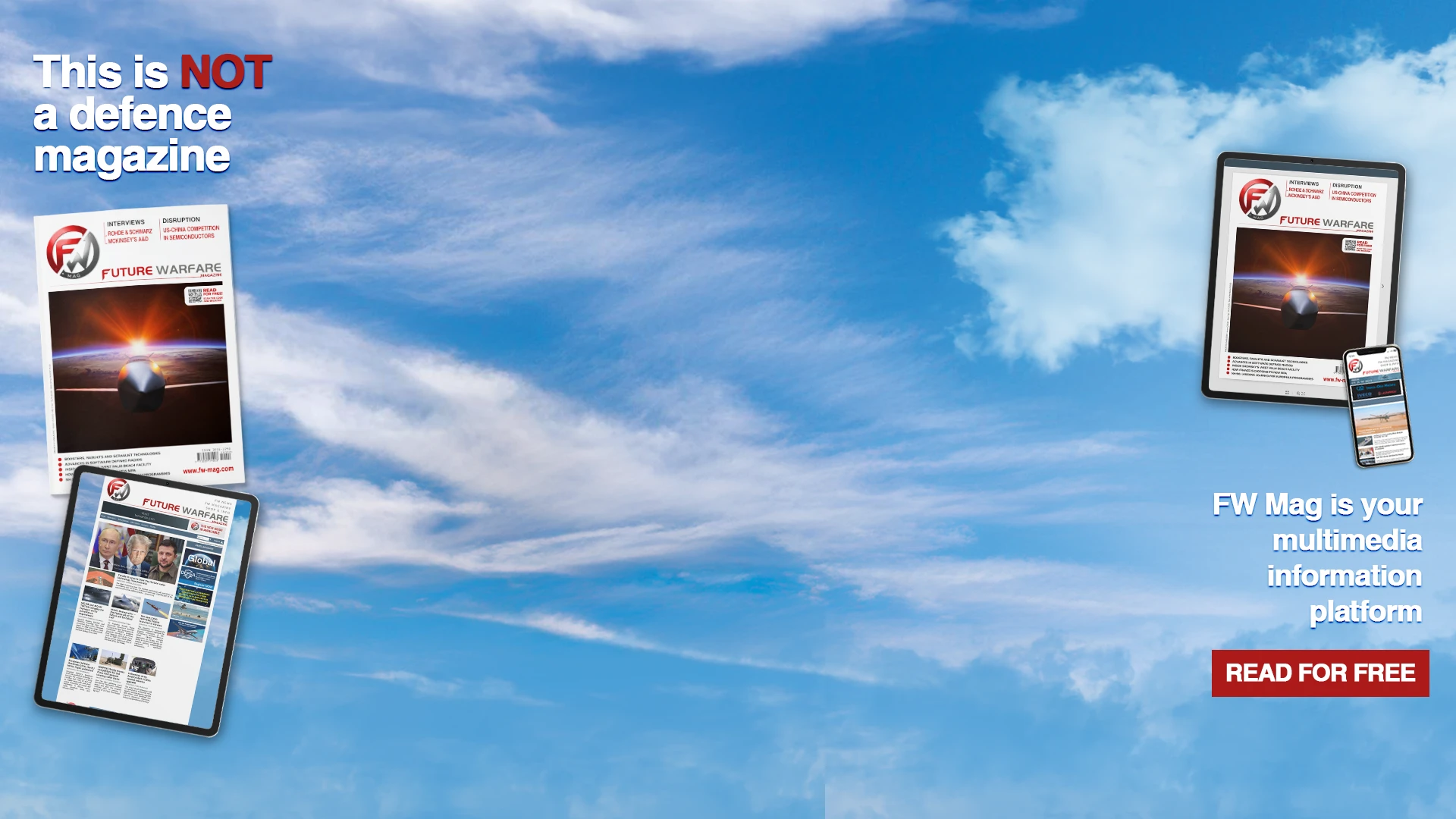
With yesterday's phone calls to Vladimir Putin and Volodymyr Zelensky, US President Donald Trump has formally opened negotiations on Ukraine. As he promised during his electoral campaign, the tycoon wants to put an end to the war and is moving in that direction.
The feeling is that he has found fertile ground on both sides. In Kiev they are exhausted, as the economy is in ruins. This year the defence budget will exceed 26% of the GDP - note for European leaders: this is war economy, words are important!
There is a shortage of manpower and the country's demographic future is at risk. It will take years and immense quantities of money to rebuild everything. Then there will also be elections, and Zelensky's popularity will certainly not be the same as in 2022.
Even in Moscow they can't wait to close this painful chapter. Financing the war has created an economic imbalance, the interest rate is over 20% and the sanctions are hurting, especially the indirect ones that affect the triangulation system set up in the last 3 years by Moscow to withstand Western pressure. The geopolitical ‘dream’ of turning Ukraine into another Belarus has long since faded; in fact, it seemed clear from the beginning that it would never come true. However, Russia controls an important part of Ukraine – strategically rich – and through negotiations will aim to keep as much as possible.
This is precisely the issue. The Trump administration has officially broken the taboo of Ukraine's territorial integrity by opening up to a future ceasefire that somehow recognises the situation on the ground. How, where and to what extent will become clear later, as well as how and who will guarantee this ceasefire. Until then, the two contenders will continue to fight fiercely to gain as much ground as possible and try to strengthen their position.
War is the most powerful way of changing the world order. To think that today, by virtue of a supposed evolution of ‘international etiquette’, this basic principle has suddenly disappeared, means having no sense of reality and not recognising what has happened in the last 30 years, when entire countries have disappeared, destroyed by wars, humanitarian interference, the export of democracy and various other factors. The advocates of international law will have to come to terms with this. And they will excuse us for the cold shower, hopefully.
In all this, what is Europe doing, on whose soil is the fighting taking place?
Europe risks being left out of the equation and on the sidelines. The Trumpian approach to international relations, commercial and bilateral - or rather, as yesterday's phone calls also demonstrate, personal and face-to-face (an approach that Putin also likes a lot...) - inevitably reduces European room for manoeuvre. The US seduction and the fascination of the special relationship with Washington (oiled through the supply of arms and gas, and by formidable lobbies) are very appealing, especially in countries historically exposed to US influence such as Italy and Germany. Sometimes, some countries even act as Washington's Trojan horses within the Europen Union. But if the US objective is to put an end to the Ukrainian war and turn elsewhere (Asia-Pacific), Europe must understand that its own security is no longer a matter that can be delegated and that the weight of the new Cold War will be mainly on its shoulders. A great challenge, but also a great opportunity.








